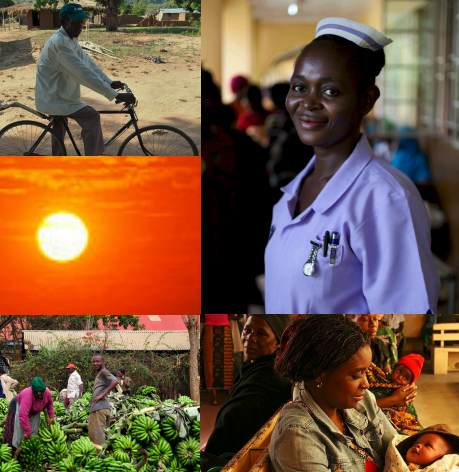Medicine
Risk Expands, But Opportunity Awaits: Emerging Evidence on Climate Change and Health in Africa
This report presents evidence on the effects of climate change on the health sector in Africa, including threats to health and development investments, and opportunities to achieve health targets.
Draft Principles and Guidelines for Integrating Ecosystem-Based Approaches to Adaptation in Project and Policy Design
Ecosystem-based approaches to reduce social vulnerability are a promising option for sustainable and efficient adaptation to climate change. Ecosystem based Adaptation (EbA) is part of overall adaptation, and takes into account multiple social, economic and cultural co-benefits for local communities. EbA encompasses adaptation policies and measures that take into account the role of ecosystem services in reducing societal vulnerability, through multi-sectoral and multi-level approaches.

